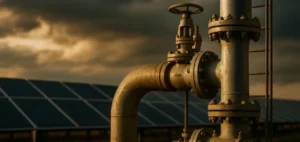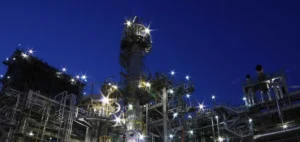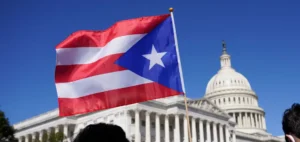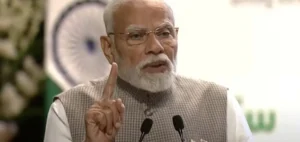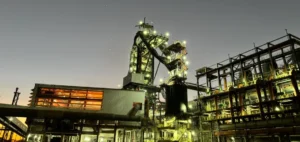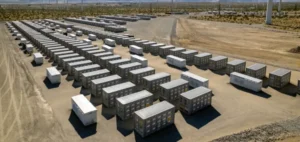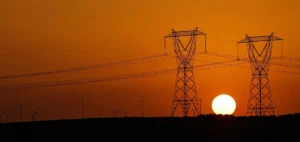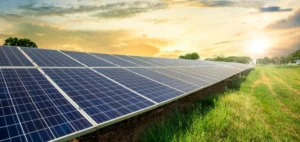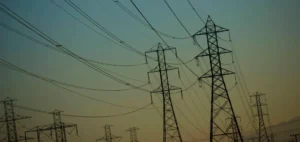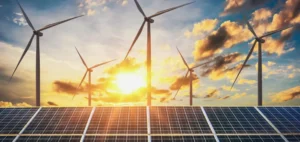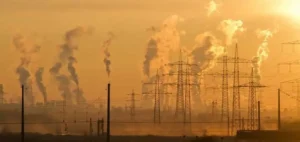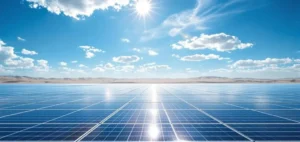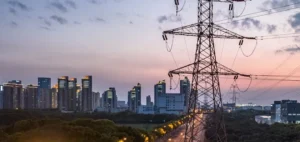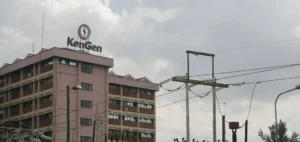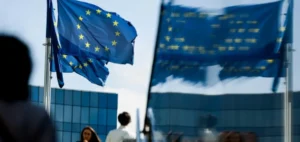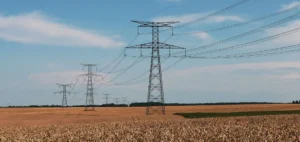Emmanuel Macron pledged on Thursday, October 06, 2022 to “convince” the other Europeans, and thus overcome some of the German reluctance, on a common price cap mechanism for gas used to produce electricity.
“We’re very supportive of that,” the French president said at a meeting of entrepreneurs organized by the Public Investment Bank in Paris.
“We will convince the other Europeans”, “at the latest” by the European Council of October 20 and 21 in Brussels, he assured. “We will put in this system that the gas we use to produce electricity, we will put a price ceiling”, which “allows to lower” the “price of electricity produced”, he argued.
He mentioned the “Iberian mechanism”, based on the model set up by Spain and Portugal “for some months” and which “works quite well”.
According to Emmanuel Macron, this will help to have by “the end of October, beginning of November” prices “in a zone that is much more acceptable” and “more reasonable” gas and electricity supply contracts.
The European Commission said Wednesday it was ready to “examine” a cap on gas prices on the European market to cope with rising energy bills caused by the war in Ukraine, under pressure from a majority of European states including France, Italy and Poland in favor of such a mechanism.
The European Union is to discuss this at an informal summit in Prague.
Germany, which was the country most dependent on Russian gas, and other European states have so far rejected the idea of a more general price cap on the wholesale gas market.
“Next to that, we will put mechanisms of European solidarity financing as we did during the crisis Covid to avoid that we have a European market that explodes in this crisis,” the French head of state assured.
He also felt that the Europeans should be “all together” to negotiate prices on the gas market to “weigh more”.
“We will say with a lot of friendship to our American friends, our Norwegian friends, +you are great, you provide us with gas energy, but there is one thing that can not work very long, is that we can not pay, us, gas four times more expensive than you sell it to your industrialists, “he hammered.



